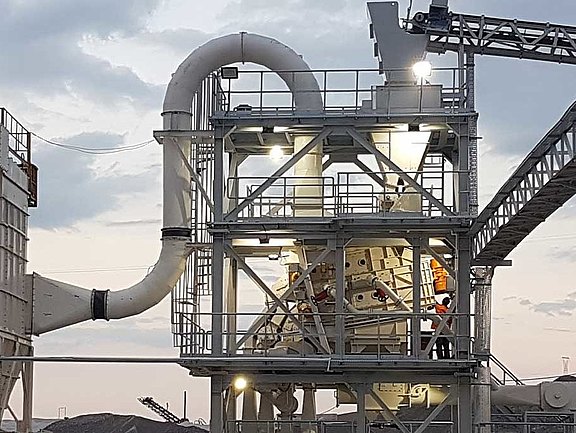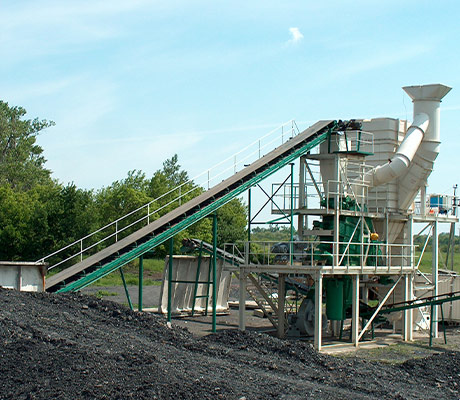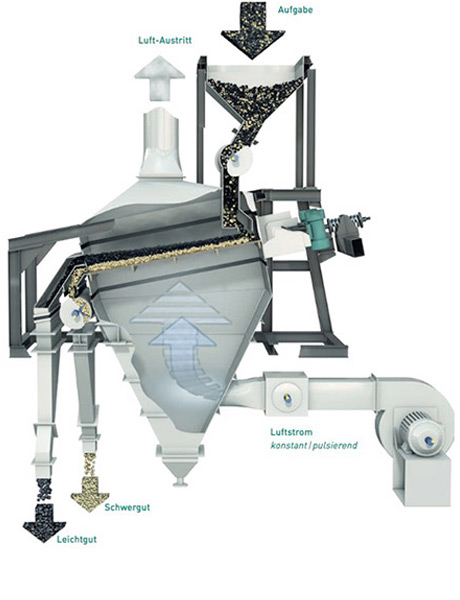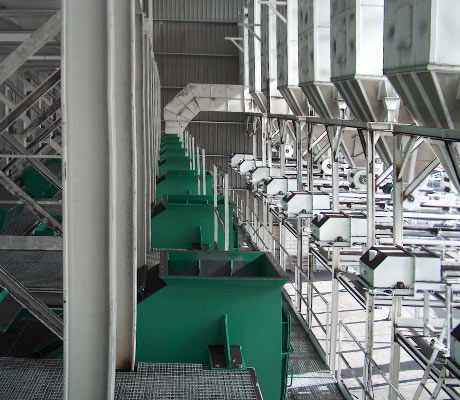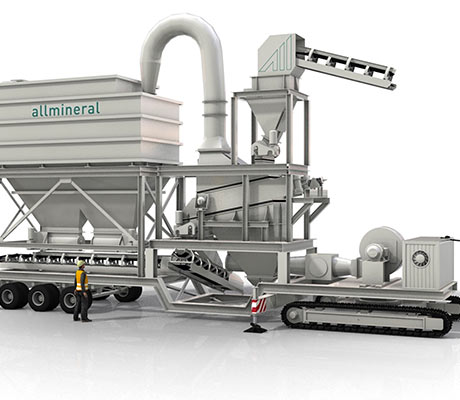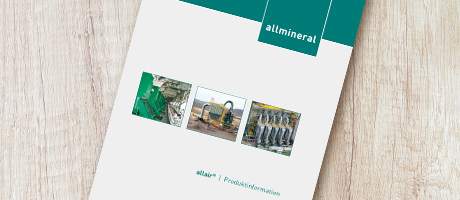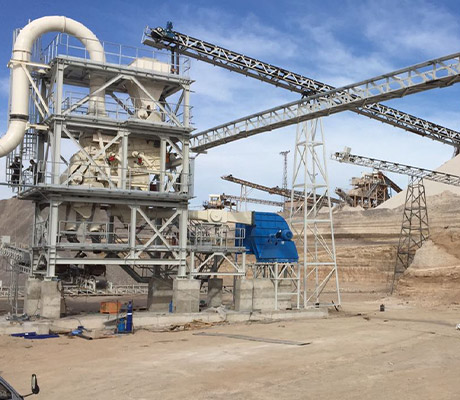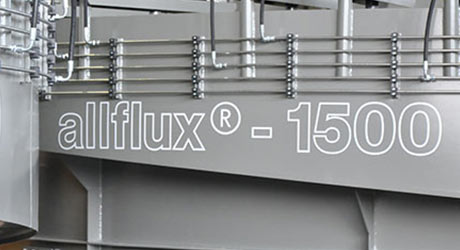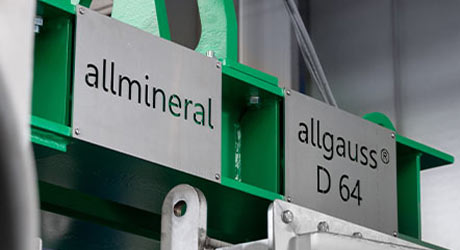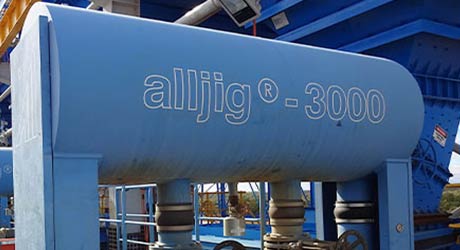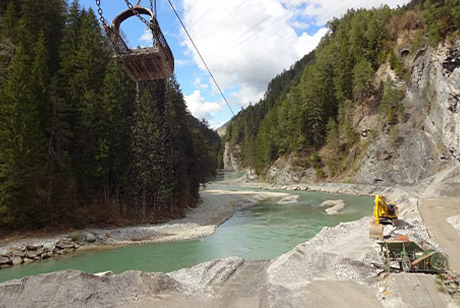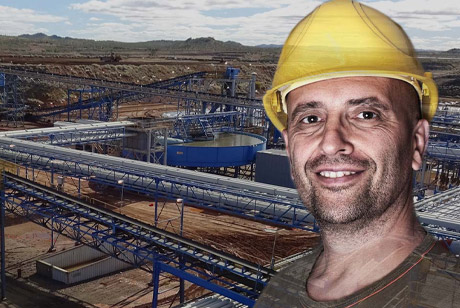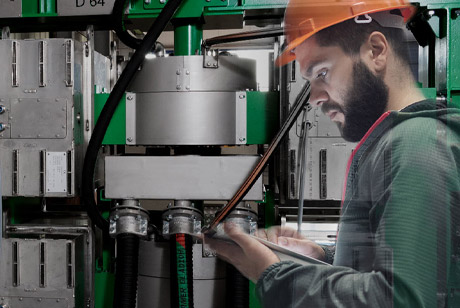The allair® air jig has been developed for the dry sorting of coal. This combines the benefits of sorting via pulsing with the benefits of dry processing – meaning that there is no need to treat the washing water or to dewater the products, for example.
Today, the patented allair® system is additionally used in the processing of secondary materials such as slag and construction waste.
- Improved and consistent product quality through online density monitoring
- Straight forward operation
- No need to handle or dispose of slurry
- Low space requirement as no process water is needed
- Reduced ash levels without any increase in water content
- Process does not promote oxidation when separating metals from slag
More individual consulting
tailored to your needs.
Get in touch and talk to our experts.
We’re happy to help: contact us here.
